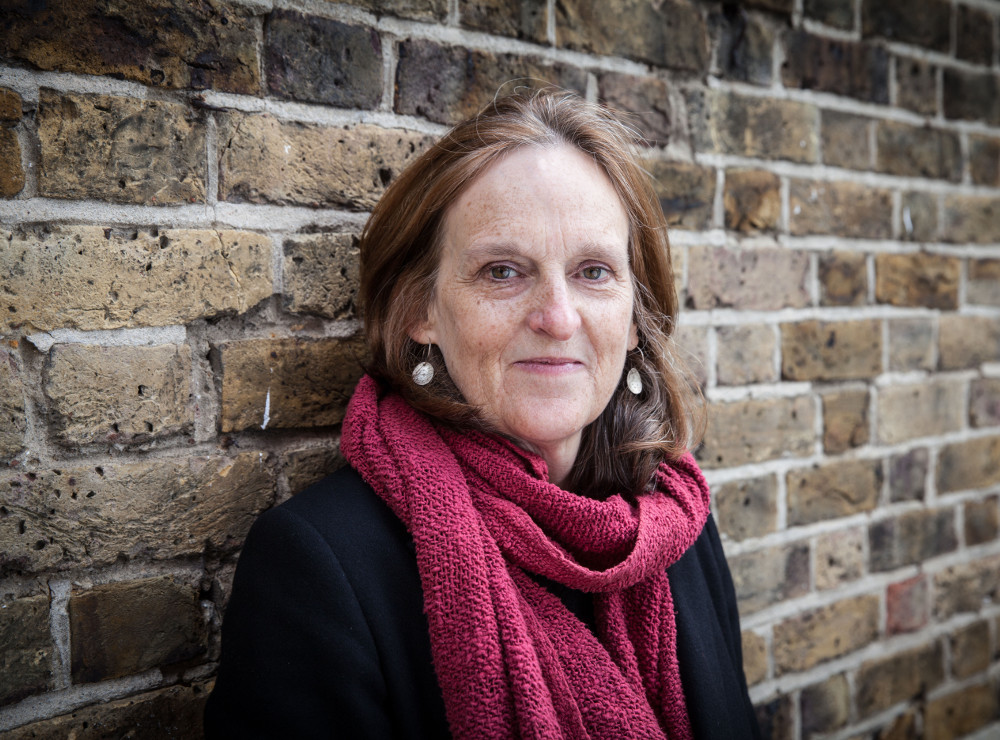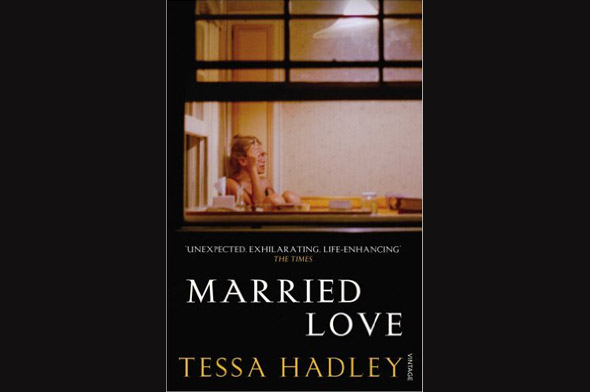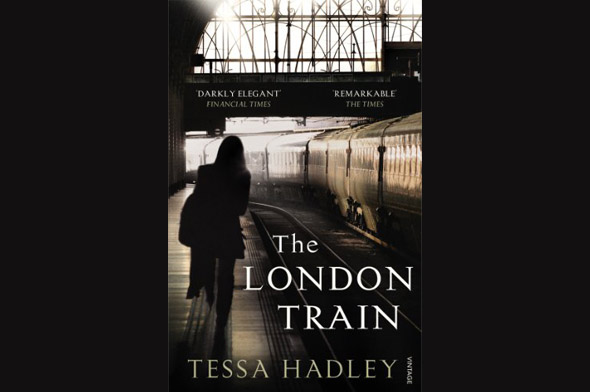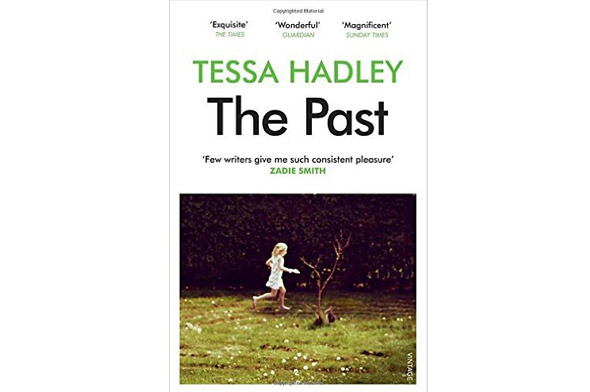Related Writers
Literature organisations
Discover more
Connections

Commissions
Family Circle
By Jan Carson

Literature & activism
Citizenship
By Maureen Freely

Commissions
Crossing Borders
By Paul McVeigh

Literature, Live
Literature, Live: The Slack Sessions
A roundup of the conversations that have been happening on the ILS Slack channel over the past month




